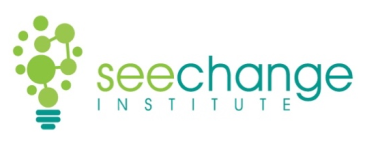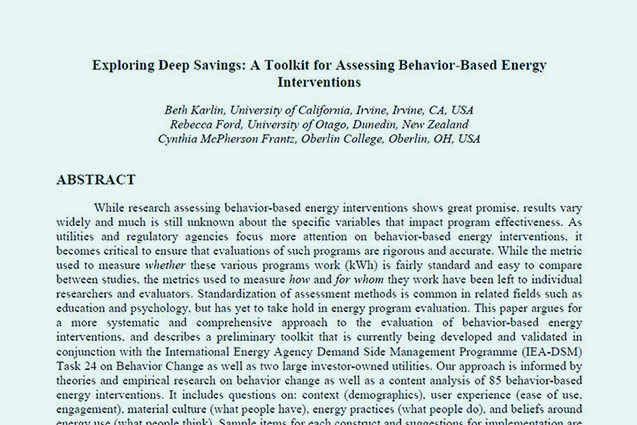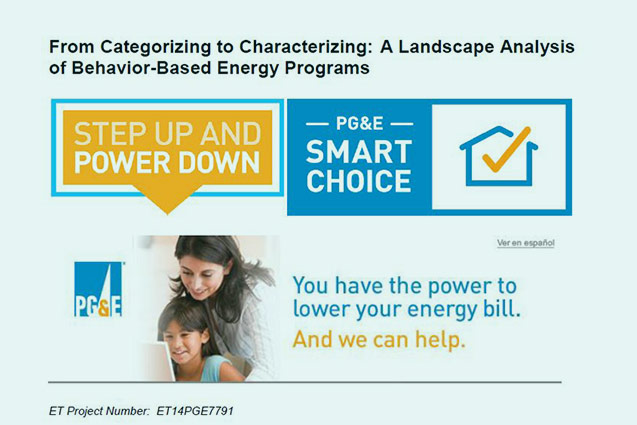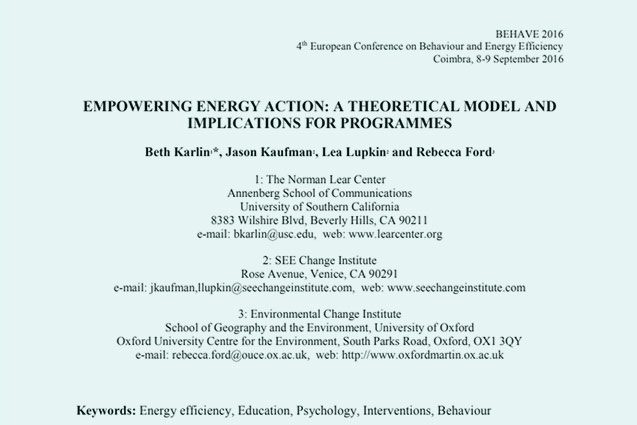Energy & Climate
The speed and scale of decarbonization needed to meet our climate goals require both individual action and systemic policy change. In both cases, behavioral science has tools to help. To support these efforts, we conduct research and evaluation on energy and climate behavior with foundations, government agencies, energy utilities, NGOs, marketing agencies, and program implementers. We have over 50 publications on behavior, energy, and climate change and our founder and CEO, Dr. Beth Karlin, is the Past President of the American Psychological Association’s Environmental Psychology Division, Associate Editor for Energy Efficiency Journal, a member of the National Academies of Science Environmental Health Matters Initiative (EHMI), and a frequent invited speaker at industry and academic conferences. Check out some sample projects below and get in touch if you’d like to chat about what you’re working on and how we can help you!
Projects
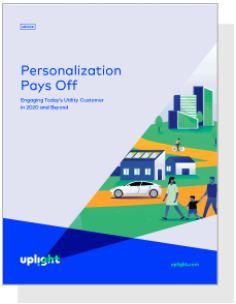
Research on Energy Personalization
Uplight
Satisfied, engaged utility customers are coveted, and utility programs can have a positive impact on customer satisfaction. Utilities are on the front lines of delivering energy efficiency information and resources. As such, it is important to understand how customers feel about the information they receive from their utility about energy efficiency, which customers are best served by the current system, which are being left behind, and how we can best reach them. We partnered with Uplight to conduct a census-representative survey of 1,000 electric utility customers across the United States. Specifically, we examined the links between the overall utility customer experience and the customer energy saving journey. Our results were published in an ebook and we conducted a follow-up study featuring deep dive focus groups with identified consumer subsegments from the survey (report forthcoming). This work is being presented at both the 2020 Behavior Energy Climate Change conference and the 2021 Building Performance Association Conference.
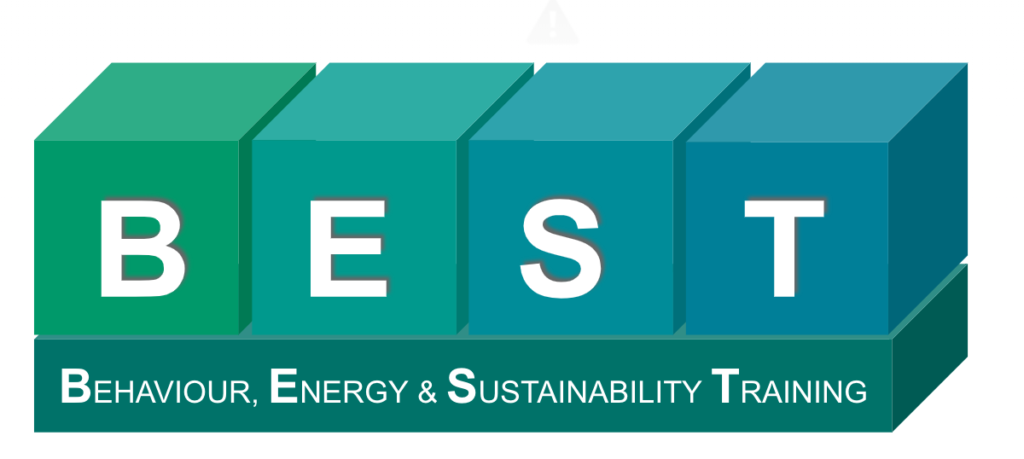
Training commercial energy users
Independent Electricity System Operator (IESO)
Within the commercial sector, energy managers and building operators have a large impact over their organizations’ energy use. However, they mostly focus on technology solutions and retrofits, rather than changing building user or corporate behaviors. This gap in targeted commercial sector research and behavioral interventions is a key opportunity to reduce commercial energy use and address building occupant needs. Toronto’s Independent Electricity System Operator (IESO) invited See Change to develop and pilot a Behavior Change course for commercial energy users in Ontario, Canada. This course served to fill an identified market gap and to improve commercial energy managers’ literacy in behavioral science theory and techniques. A needs assessment identified a clear gap in behavioral training for energy managers, and high interest in the course further demonstrated the market opportunity for professional training on how to design, implement and evaluate behavior change interventions. Evaluation results identified positive feedback in terms of course reaction, self-reported learning and behavioral outcomes, and tangible results when course participants returned to work to apply their learnings. Evaluation results suggest that such training fills a vital gap in the current Strategic Energy Management (SEM) landscape, and could unlock significant savings in the commercial energy sector. Results were published in the 2020 ACEEE Summer study proceedings.
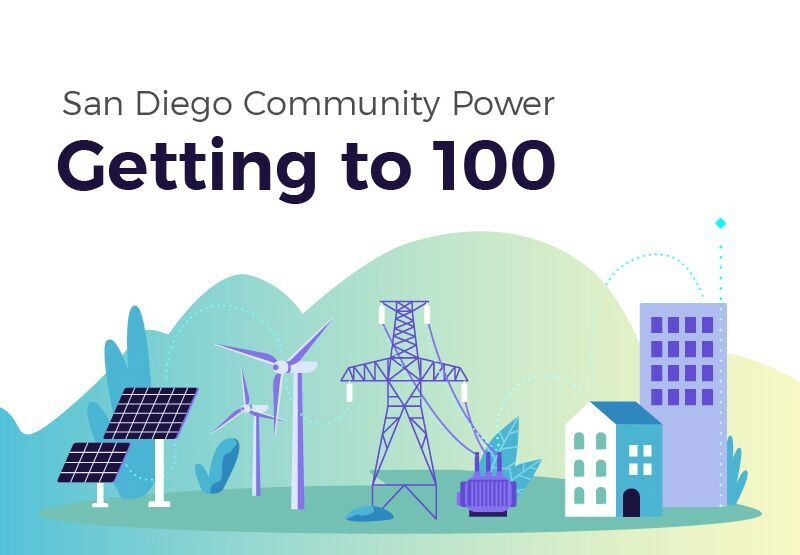
Using Behavioral Science to Increase Enrollment in Clean Energy
San Diego Community Power
Dozens of California community choice aggregation programs (CCAs) have provided ratepayers with greener energy at competitive prices for 10 years. Although customers are defaulted into new CCAs, they are voluntary programs, and customer retention and satisfaction are crucial elements for CCAs. Managing them requires careful attention to the marketing and communications plans that coincide with the enrollment process. Many CCAs use similar rollout strategies, but very little research has been done to understand the effectiveness of rollout strategy. Calpine Energy and See Change have partnered to leverage behavioral science insights, conduct empirical research, and support strategy and communications for the San Diego Community Power CCA rollout. We are working closely with the implementation and marketing teams to support all phases of the launch, including: defining goals and metrics, understanding customer needs, optimizing communications, and assessing impact. Our approach is multi-method and includes listening sessions, literature review, media analysis, multi-wave longitudinal surveys, online A/B testing, and data analytics. Rollout will begin in mid-2021 and continue through Spring 2022.
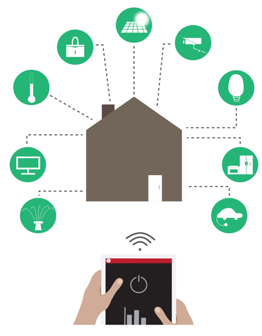
Research to Inform Smart Home Adoption
Pacific Gas and Electric (PG&E)
In 2015, California passed Assembly Bill 793 mandating utilities to “develop a program to provide incentives to a residential or small or medium business customer to acquire energy management technology for use in the customer’s home or place of business”. PG&E reached out to See Change to rigorously study home energy management systems (HEMS) and inform their efforts to address this mandate.
In Phase I, we reviewed what was already known in the space. We conducted a systematic literature review of HEMS savings potential and adoption rates, a Delphi study with key stakeholders, and identified key HEM products and players. Our findings were published by the California Emerging Technologies Coordinating Council (ETCC).
In Phase II, we conducted a series of consumer, technology, and industry studies to develop a roadmap for how utilities could develop programs to support HEMS adoption and use. They included:
- An online survey of 1500 utility customers
- Ethnographic fieldwork in collaboration with both Target and Sears at their smart home demonstration spaces in San Francisco and San Bruno, respectively
- Content analysis of over 3,000 HEMS product reviews on Amazon.com
- A comprehensive list of 300+ commercially available HEMS products
- Systems assessment using protocol analysis and user scenarios to understand how HEMS work together
- Stakeholder analysis based on interviews and an online survey with utilities, regulators, researchers, vendors, retailers, and industry organizations
In addition to several journal and conference reports (linked above), we produced a second and final report for the ETCC and presented findings at over 20 regional, national, and international conferences from 2016-2018.
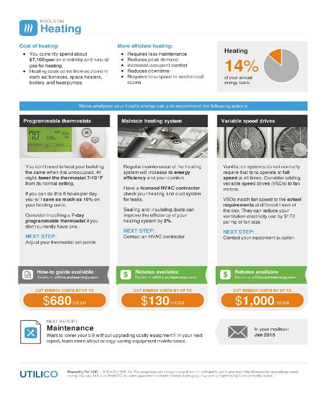
Improving Business Energy Reports
EnerNOC
EnerNOC acquired Pulse Energy, a company that designs and sends reports to utility business customers with information about their energy use and tips on how they can reduce costs. See Change partnered with EnerNOC to apply behavioral science insights and methods to the development and design of these reports. Our tasks included:
- Report audits leveraging behavioral theory to guide initial design and make recommendations for changes
- Qualitative user testing, including eye tracking, to analyze the needs and values of customers
- Over 30 online experiments to determine the most impactful design and content choices
- Optimization of reports from triangulated findings
- Continuous field testing to support ongoing improvement and get customer feedback
Our improved reports led to increases in customer engagement and satisfaction – for example, our welcome letter outperformed a previous version by over 300% and qualitative assessments of customer response indicated they appreciated and took action based on the reports. We also supported the development of several new products, including a summer demand response program and a thermostat guide, and produced thought leadership in the form of conference presentations, blog posts, and reports for the public, including:
Featured Content
Exploring Deep Savings: A Toolkit for Assessing Behavior-Based Energy Interventions
International Energy Program Evaluation Conference (IEPEC)
From Categorizing to Characterizing: A Landscape Analysis of Behavior-Based Energy Programs
Emerging Technologies Coordinating Council (ETCC)
Intrigued? Let’s chat!
